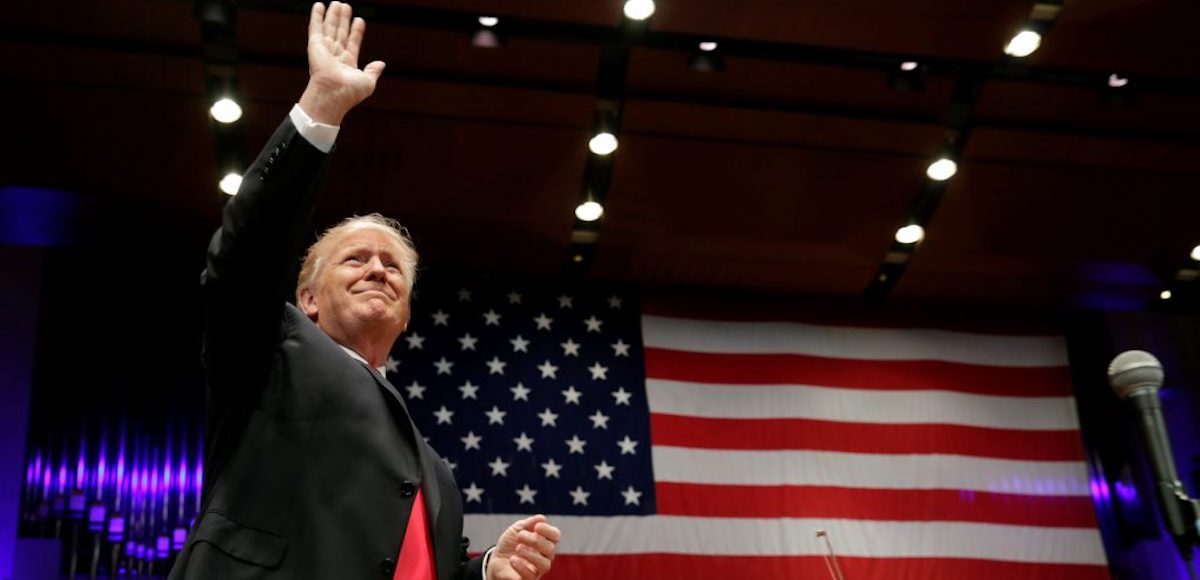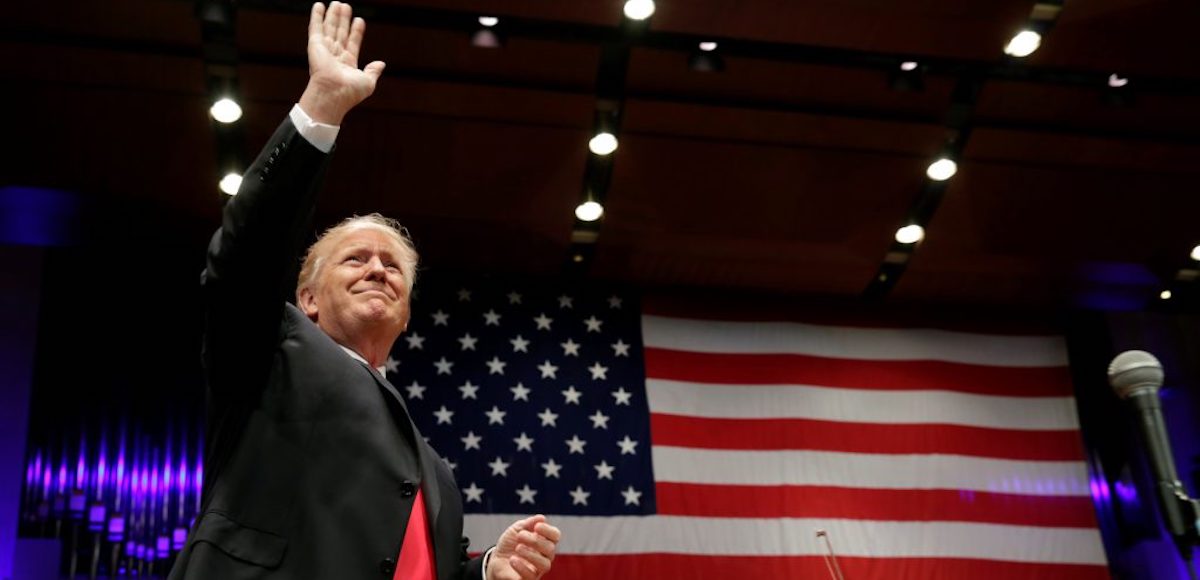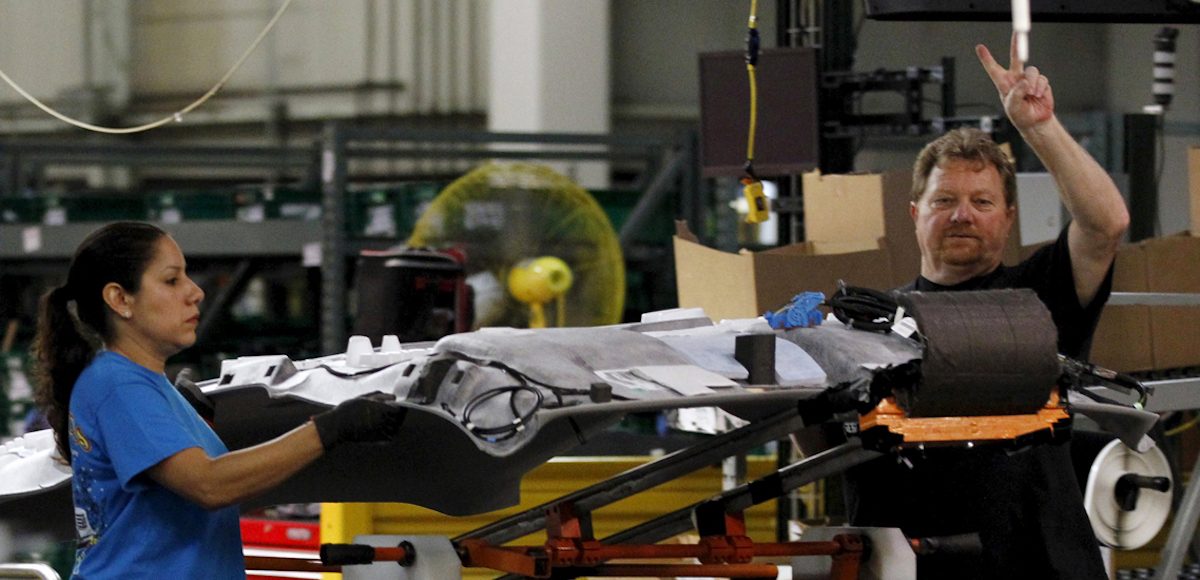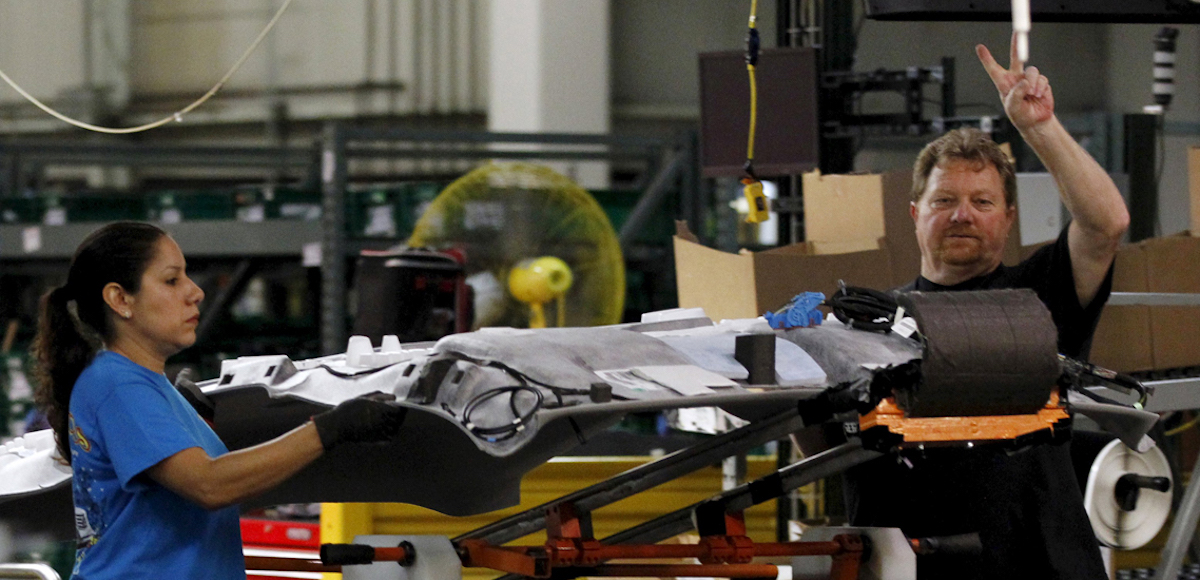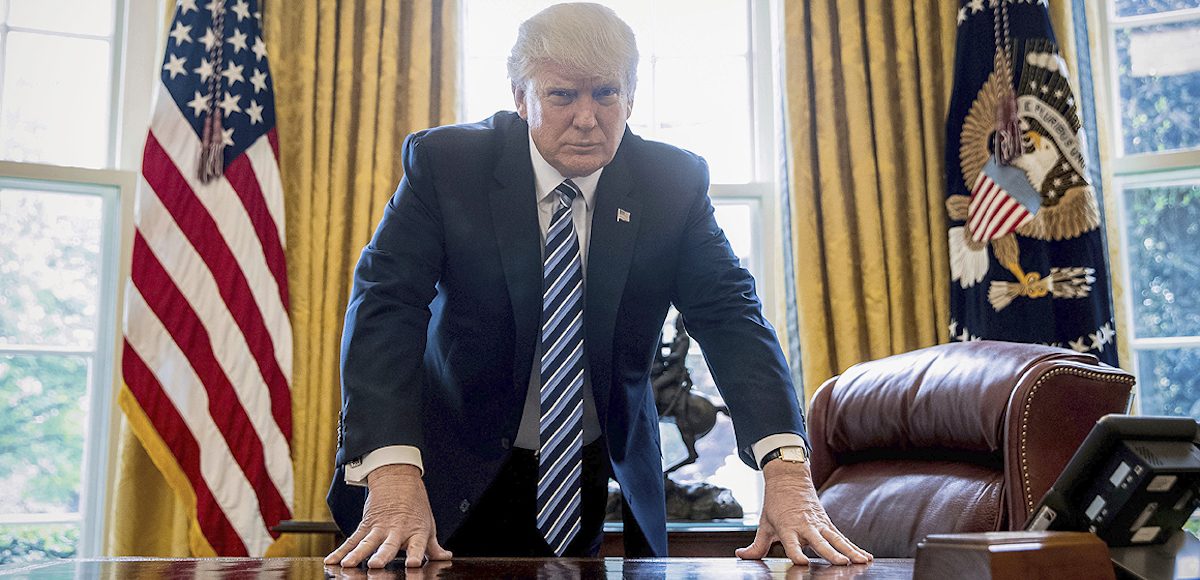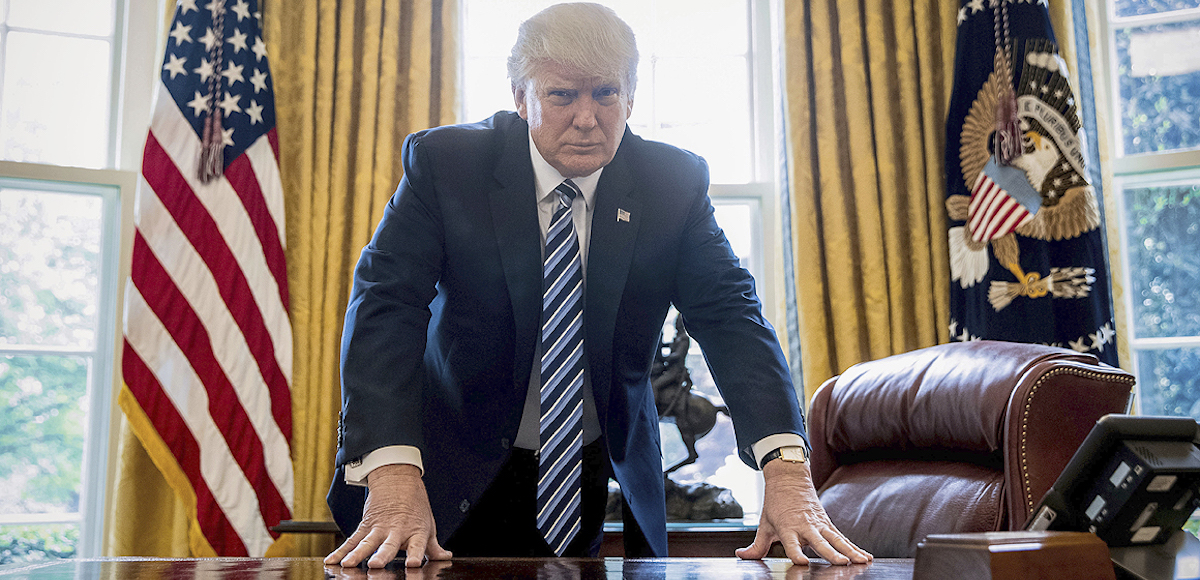
President Donald J. Trump stands for the colors as he arrives during the commissioning ceremony of the aircraft carrier USS Gerald R. Ford (CVN 78) at Naval Station Norfolk, Va., Saturday, July, 22, 2017. (Photo: AP)
President Donald Trump said in his address to the nation that the new U.S. strategy in Afghanistan will not include nation-building.
“We are not nation-building again,” he said. “We are killing terrorists.”
As People’s Pundit Daily reported over the weekend, while the decision was delayed, President Trump made clear his preference for Gen. McMaster’s strategy and will increase U.S. troops in Afghanistan.
He will also take measures aimed at putting greater pressure on India and Pakistan, two terror hotbeds have long been used to harbor fleeing Taliban and al-Qaeda targets from Afghanistan.
“A core pillar of our new strategy is a shift from a time-based approach to one based on conditions,” President Trump said. “Conditions on the ground, not arbitrary time tables, will guide our strategy from now on.”
The Afghanistan strategy calls for no less than 3,800 additional U.S. and NATO troops to Afghanistan, but it’s an open-ended commitment to add to the already 8,400 U.S. troops in the country. The President said the Trump White House will not telegraph military actions and troop buildups before operations are carried out.
He also said another facet of the strategy is to integration all instruments of American power, including military, economic and diplomatic power.
“Our commitment is not unlimited and our support is not a blank check,” he said. “We can no longer be silent about Pakistan’s safe havens for terrorist organizations, the Taliban, and other groups.”
As President Trump did in Iraq and Syria, where the U.S. is having enormous success against the Islamic State (ISIS), the Trump Administration will rely on those who’s job it is to win wars, not hinder them. He has already instructed the Defense Department (DOD) to lift restrictions for U.S. troops fighting on the ground.
“Micromanagement from Washington, D.C., does not win battles,” he said. “They’re won in the field drawing on the experience and expertise of wartime generals and soldiers.”
THREAD WILL BE UPDATED —– Notable Quotables
“When one part of America hurts, we all hurt; and when one citizen suffers and injustice, we all suffer together.”
“Loyalty for our nation demands loyalty to one another. Love for America requires love for all of its people.”
“When we open our hearts to patriotism, there is no room for prejudice, no place for bigotry and no tolerance for hate.”
“The young men and women we send to fight our wars abroad deserve to return to a country that is not at war with itself at home.”
“Our nation must seek an honorable and enduring outcome, worthy of the tremendous sacrifices that have been made.”
“The men and women who serve our nation in combat deserve a plan for victory, they deserve the tools they need.”
“The men and women who serve our nation in combat, deserve a plan for victory.”
“A hasty withdrawal would create a vacuum that terrorists…would instantly fill.”
“We cannot repeat in Afghanistan the mistake our leaders made in Iraq.”
“Today, 20 U.S.-designated foreign terrorist organizations are active in Afghanistan and Pakistan.”
“Pakistan often gives safe haven to agents of chaos, violence, and terror.”
“We must address the reality of the world as it exists right now, the threats we face, and the confronting of all of the problems.”
“We must stop the resurgence of safe havens that enable terrorists to threaten America.”
“Pakistan has also sheltered the same organizations that try every single day to kill our people.”
“We want [India] to help us more with Afghanistan, especially in the area of economic assistance and development.”
“America will work with the Afghan government as long as we see determination and progress.”
“We must unite to defend America from its enemies abroad.”


